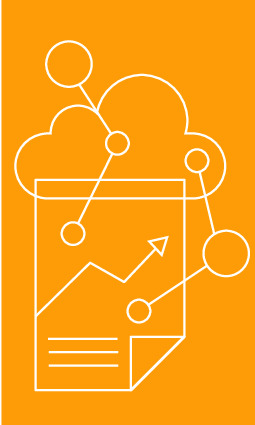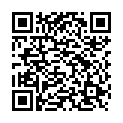|
|
|
| Module code: MAMS-584 |
|
|
4SU (4 hours per week) |
|
6 |
| Semester: according to optional course list |
| Mandatory course: no |
Language of instruction:
German |
Assessment:
Term paper with presentation
[updated 13.09.2018]
|
DFMMS151 Management Sciences, Master, ASPO 01.10.2013
, semester 1, optional course, management, course inactive since 04.11.2019
MKM-417 Cultural Management, Master, ASPO 01.10.2015
, optional course, management
MKM-417 Cultural Management, Master, ASPO 01.10.2016
, semester 4, optional course, management
MAMS-584 (P420-0008) Marketing Science, Master, ASPO 01.04.2016
, optional course, management
MARPF-584 Accounting and Finance, Master, ASPO 01.10.2017
, optional course, management
MARPF-584 Accounting and Finance, Master, SO 01.04.2025
, optional course, management
MASCM-584 (P420-0008) Supply Chain Management, Master, ASPO 01.04.2016
, optional course, management
MASCM-584 (P420-0008) Supply Chain Management, Master, ASPO 01.04.2017
, optional course, management
WIMAScWPF-FÜ5 (P420-0008) Industrial Engineering, Master, ASPO 01.10.2014
, optional course, management, course inactive since 21.01.2020
|
60 class hours (= 45 clock hours) over a 15-week period.
The total student study time is 180 hours (equivalent to 6 ECTS credits).
There are therefore 135 hours available for class preparation and follow-up work and exam preparation.
|
Recommended prerequisites (modules):
None.
|
Recommended as prerequisite for:
|
Module coordinator:
Prof. Dr. Stefanie Jensen |
Lecturer: Prof. Dr. Stefanie Jensen
[updated 18.03.2016]
|
Learning outcomes:
The European Union is one of the top players in the international economy in terms of economic strength, production, export and import volumes and population. European countries are transferring more and more competences to the EU in many important policy areas, from jurisdiction and economic policy to consumer and environmental protection. But how does the EU work? How do regulations come about and how are they implemented? What can the EU institutions do about national governments and their interests? These are only a few of the questions that this interactive workshop will provide an answer to. In it, htw students will work together with students from our partner university Westminster College in Salt Lake City/Utah, USA.
After successfully completing this module, students will be able to:
_ understand the process from the foundation of the EU to the present day, reflect on the importance of the EU for the national governments of Europe and understand the work of central European institutions.
_ understand and reflect on the EU´s position on selected topics such as the financial crisis, external and economic relations, energy and climate policy, legal issues and the difficulty of joint decision-making.
_ understand the cultural diversity of Europe.
_ work in mixed groups with American students.
[updated 13.09.2018]
|
Module content:
_ Current European issues (e.g. debt crisis with a country perspective, economic policy, external economic relations (e.g. with the USA: TTIP), foreign policy, environmental policy, consumer protection, refugees)
_ Workings and derivation of European integration and central European institutions
_ Overview of European cultures
_ Creation of a term paper and presentation in English on a specific topic
_ Intercultural communication skills and their use when working in a team
[updated 13.09.2018]
|
Teaching methods/Media:
Lectures/talks, interactive workshops, group work, exchange with American students, sightseeing, term paper with presentation
[updated 13.09.2018]
|
Recommended or required reading:
To be announced.
[updated 13.09.2018]
|


